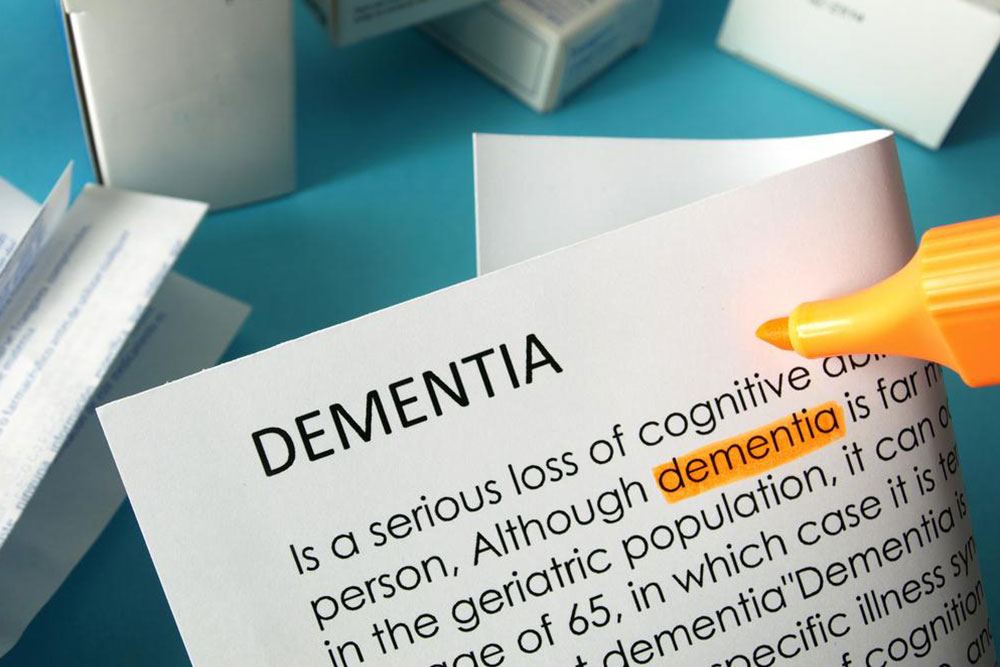Understanding Dementia and Alzheimer's Disease
This article clarifies the differences between dementia and Alzheimer’s disease, highlighting symptoms, diagnosis, and treatment options. It emphasizes the importance of awareness for early detection and proper care, with insights into managing these conditions effectively. Understanding these distinctions helps individuals and caregivers better navigate treatment pathways and support needs.
Sponsored

Understanding Dementia and Alzheimer’s Disease
Many confuse Alzheimer’s and dementia, thinking they are identical. In reality, dementia is a broad term describing a set of symptoms related to a decline in mental function, while Alzheimer’s is a specific progressive brain disease and the most common form of dementia. Dementia affects memory, reasoning, and decision-making, with symptoms such as memory loss, mood swings, and difficulty performing daily tasks. Alzheimer’s, on the other hand, gradually worsens memory, behavior, and self-identity. Recognizing the differences helps in seeking appropriate treatment and care.
While dementia includes various disorders like Parkinson’s, vascular dementia, and Lewy Body Dementia, Alzheimer’s accounts for approximately 60-80% of cases. Symptoms across these conditions include memory issues, emotional changes, and reduced motivation. Early signs include minor forgetfulness, which often progresses to severe memory impairment and dependence on caregivers.
Signs and Symptoms of Dementia
Memory loss - Forgetting familiar names, places, or daily needs.
Mood fluctuations - Sudden depression or anxiety.
Lack of focus - Reduced motivation and trouble concentrating.
Impaired judgment - Difficulty making decisions or reasoning.
Neglect of personal hygiene - Forgetting to dress, bathe, or maintain cleanliness.
Repeated questions - Asking the same questions repeatedly due to memory lapses.
Early symptoms may be subtle but tend to worsen over time, leading to increased dependence.
Understanding Alzheimer’s Disease
Alzheimer’s is a progressive neurodegenerative disorder causing memory loss, confusion, and personality changes. Unlike some forms of dementia, Alzheimer’s is incurable, but symptoms can be managed. It mostly affects those over 60 years old. Symptoms include severe memory impairment, behavioral issues like aggression, and loss of self-awareness. As the disease advances, individuals may forget personal details and struggle with daily routines, requiring extensive care.
Some dementia types, including Lewy Body Dementia, share symptoms such as hallucinations and cognitive decline. Understanding these distinctions is critical for proper diagnosis and treatment.
Treatment Approaches for Dementia and Alzheimer’s
Treatment varies based on the type and cause of dementia. While Alzheimer’s currently has no cure, medications like cholinesterase inhibitors and memantine can slow progression. Lifestyle changes, including diet and mental exercises, may support brain health. For other dementia types, therapies such as psychotherapy and environmental modifications—like removing hazards—are beneficial. Raising awareness of these conditions fosters early diagnosis and research efforts for improved treatments.






